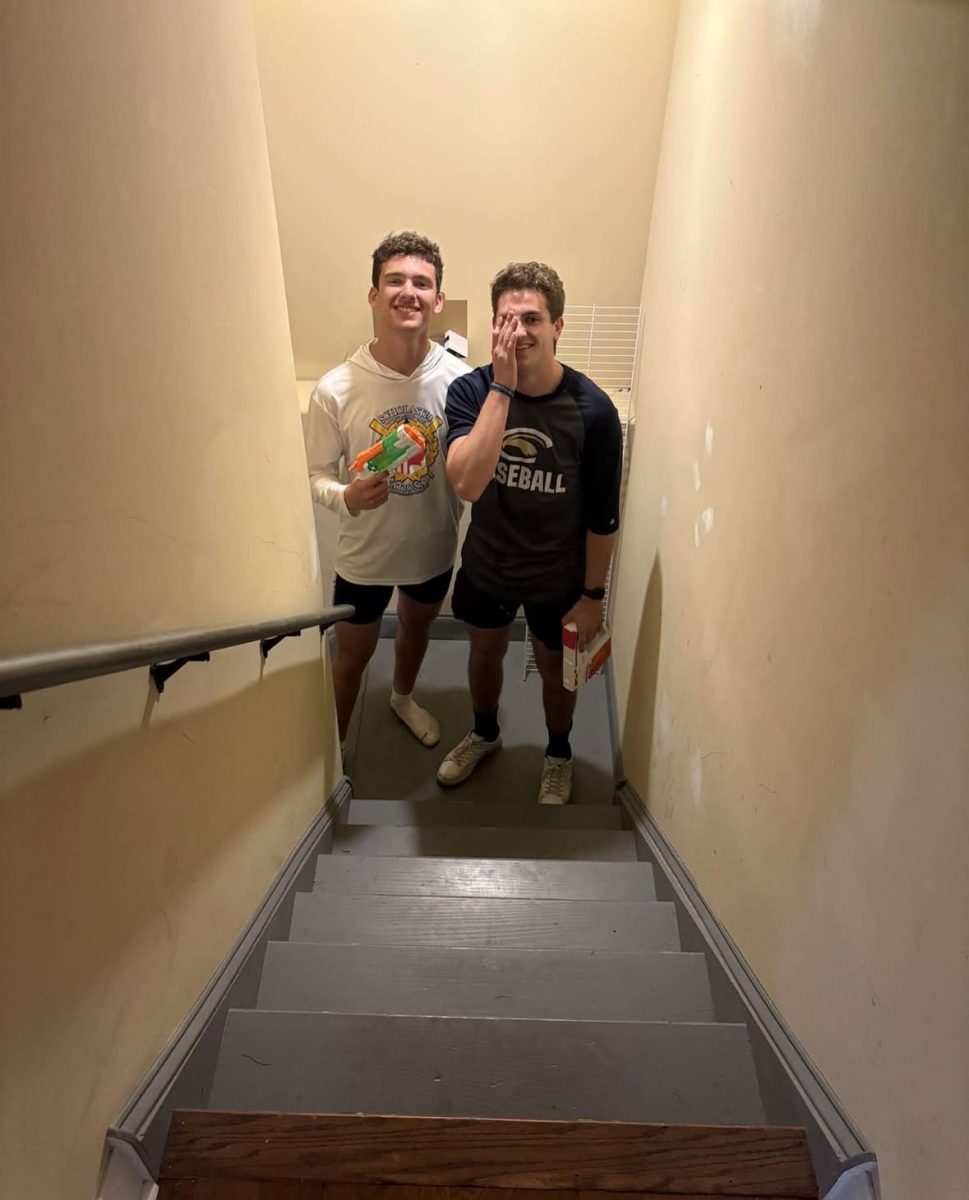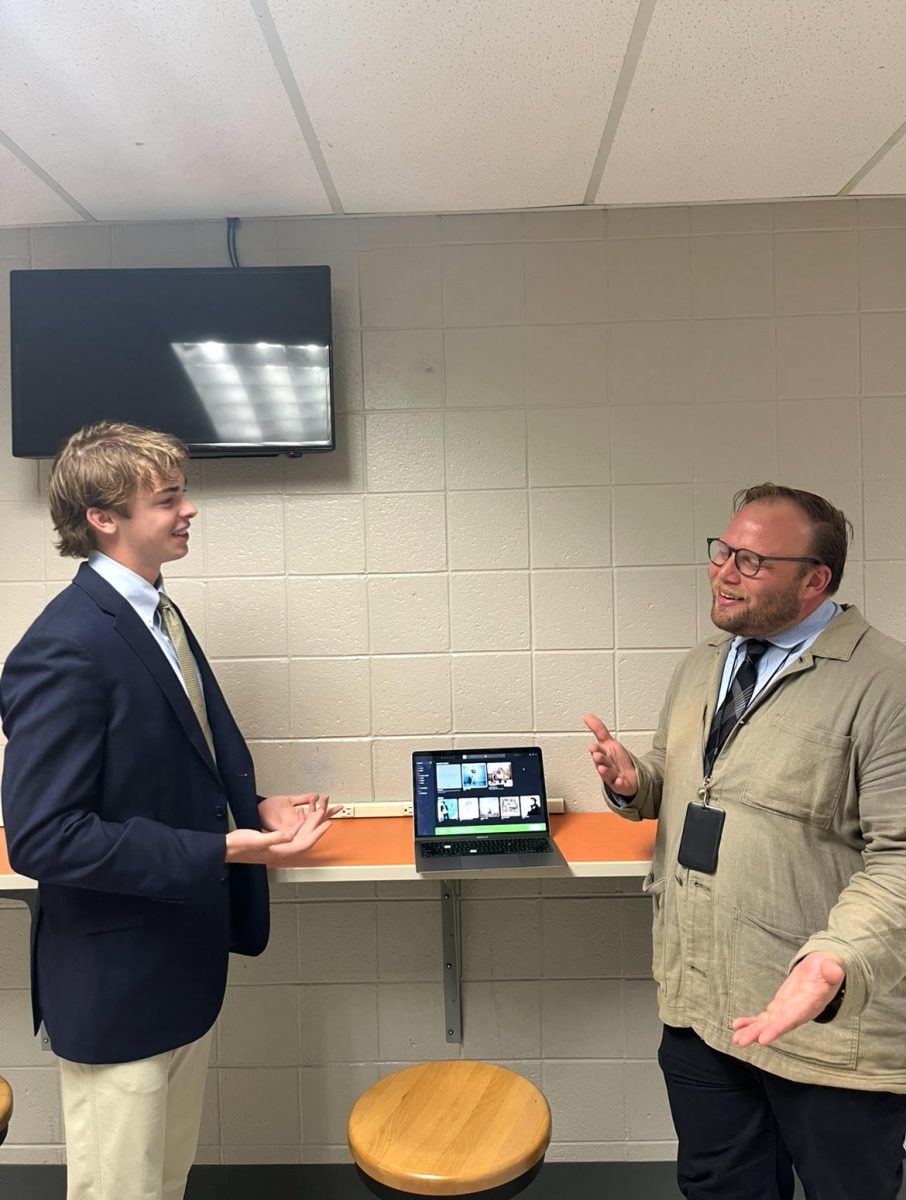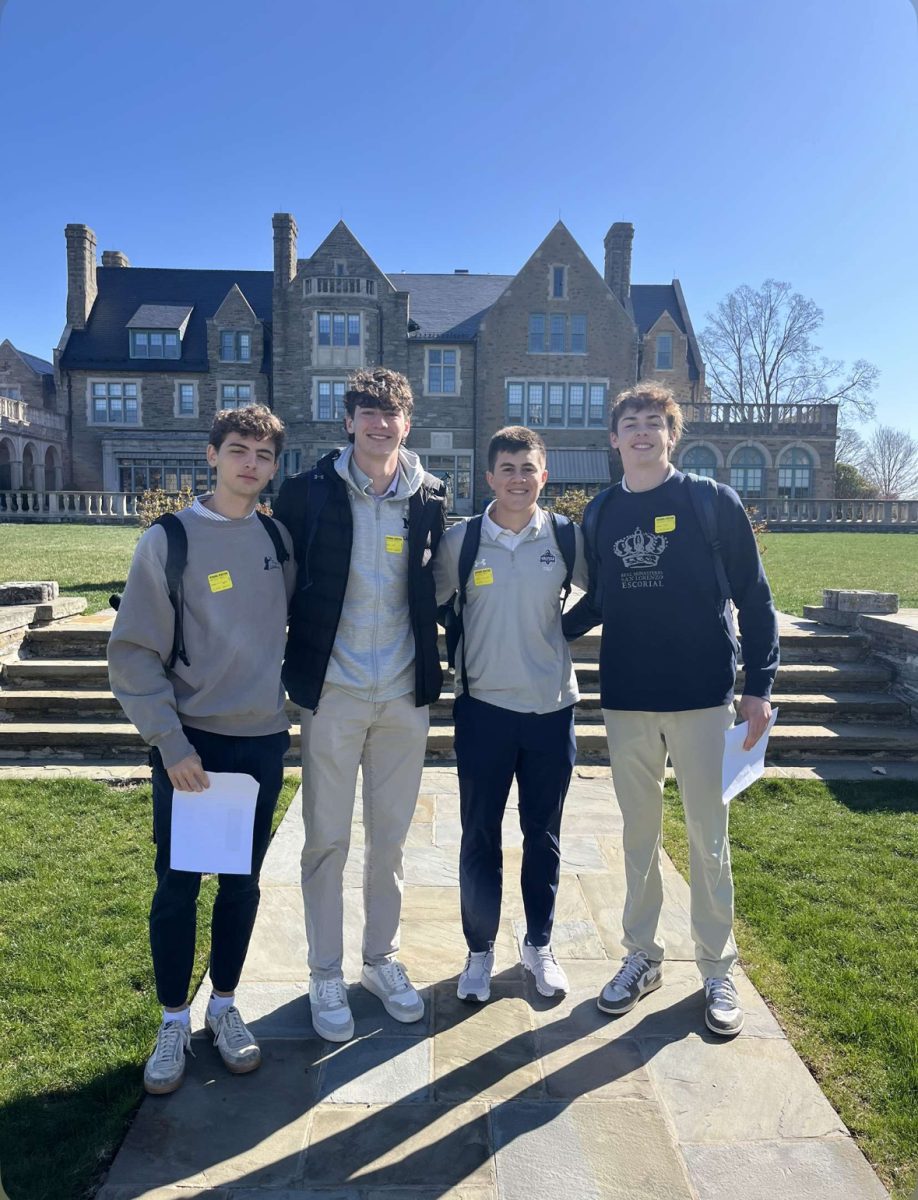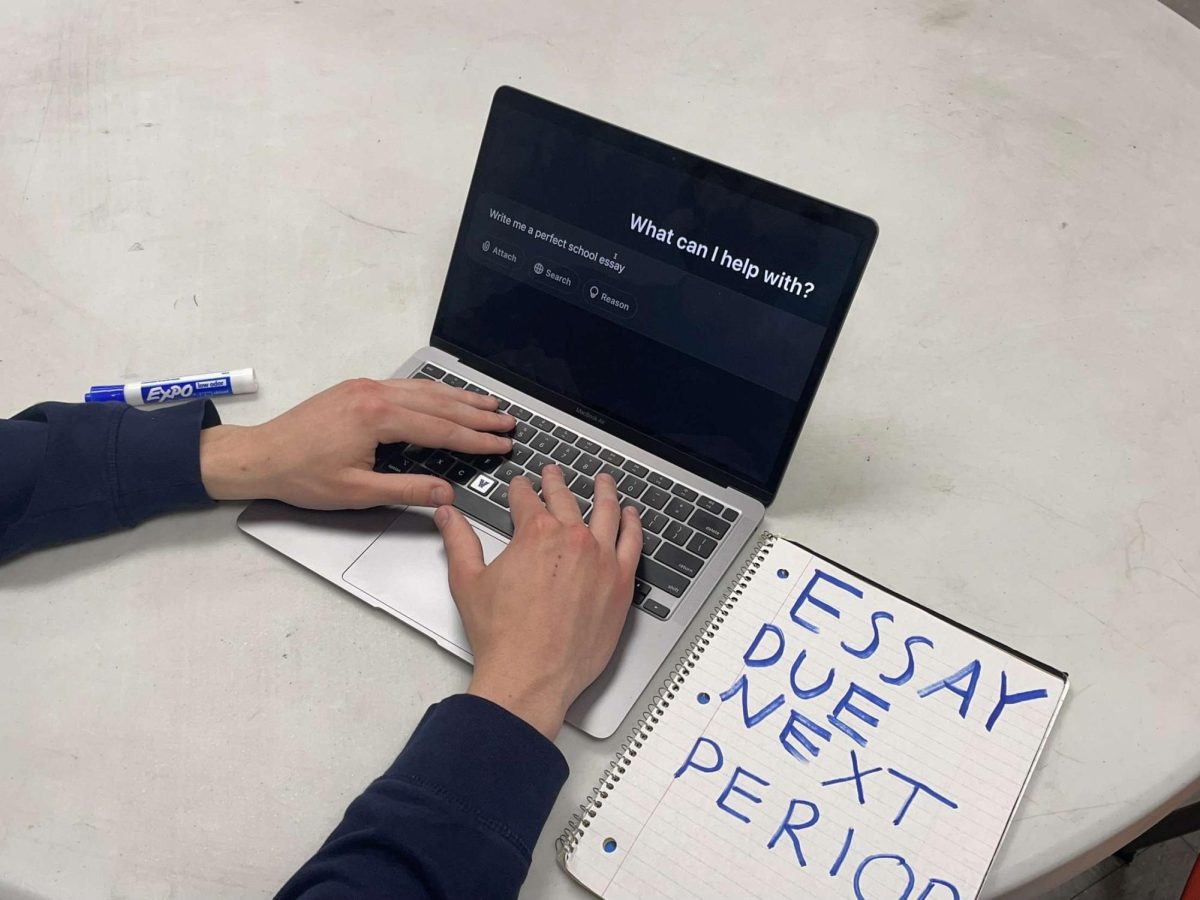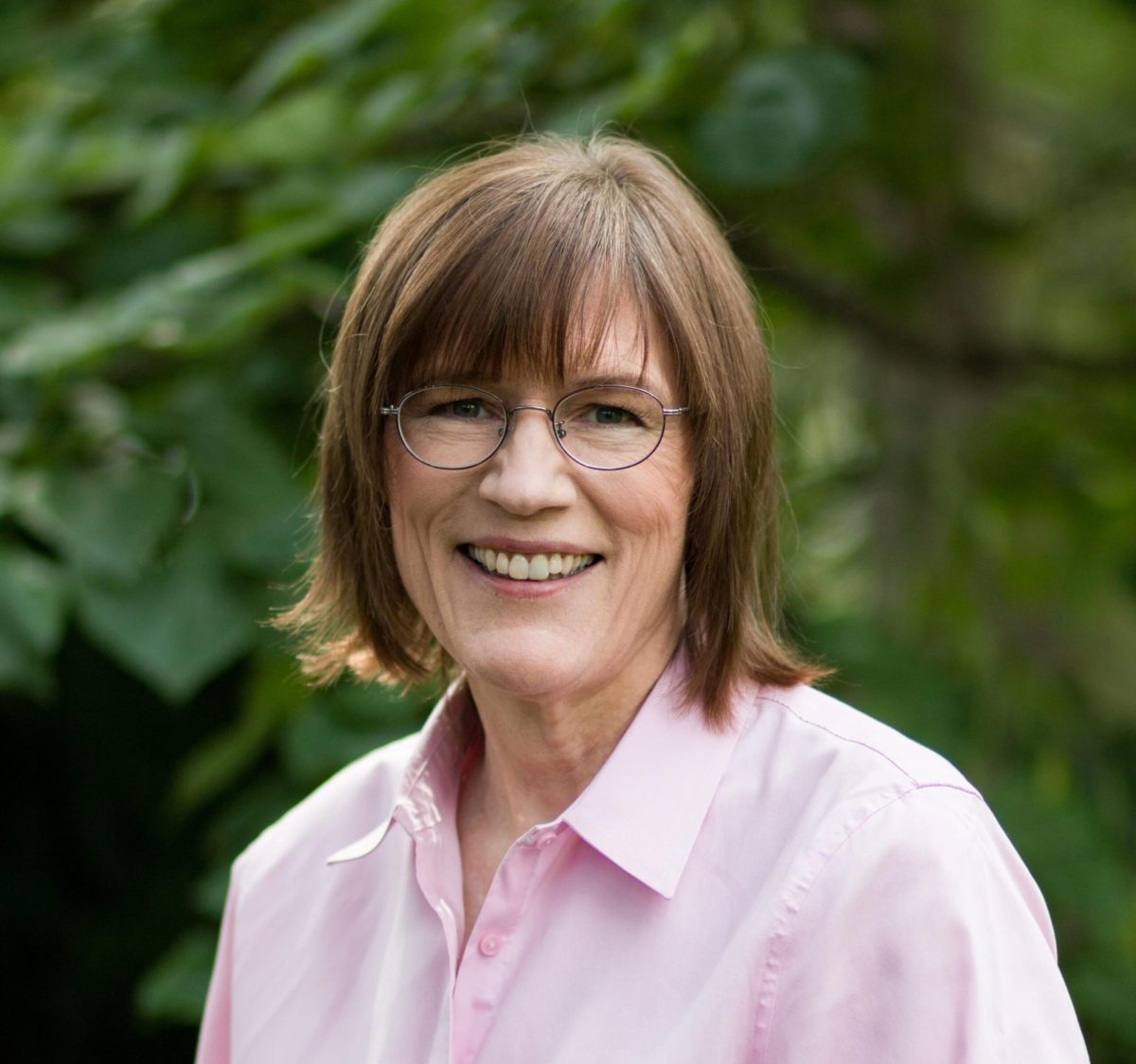The new Friday Schedules took Malvern Prep by storm, though many didn’t appreciate the changes
According to Assistant Head of School Mr. Patrick Sillup, the changes were made to account for time lost due to snow days.
“We had a series of significant weather disruptions, and so we were missing quite a bit of contact time. Given the feedback we heard from faculty and staff, the best way to make up for the time was to reimagine an academic day.”
After copious thought from faculty and staff, the “reimagined day” was turned into a different schedule on Friday. There would be no morning chapel or community time, thus, adding 20 minutes of extra class time to first and second period.
Although they were successful in making up lost time, Sillup said that the changes could be perceived as unsuccessful and just added a burden on the students and faculty.
“My general sense is, it wasn’t highly effective, because it was simply more minutes, and it created more of a schedule disruption,” he said. “Having taught in those certain schedules the last few weeks, I know it’s difficult, it’s a lot of time.”
Although the added time may have made sense on paper, Sillup said teaching and learning for an hour and twenty minutes proved challenging for students and faculty alike.
Collin Munyan, a sophomore, said the long classes made it hard to learn and take in information.
“You can’t pay attention for that long, and it’s hard to focus, which is the reason why teachers cut off the class time short,” Munyan said.
Junior Jasir Cook, said one of the worst parts about the schedule change was that it took place on a Friday.
“I think if you want to make up time, do it on a normal day of the week,” Jasir said. “People look forward to Fridays just to find out that this day is 20 times harder than it was on Tuesday.”
Cook said that if the administration decided to keep the modified schedules, they should change it to a different day of the week. He explains that students look forward to Fridays, and making them the hardest day of the week changes the excitement of the day.
Sillup plans on informing the Malvern community of any schedule changes for next year before all of the unpredictable weather disruptions.
“Snow days will equal virtual days for classes missed,” he said. “If a snow day happens, you should know that the courses that you were due to have that day will be assigning work.”
Sillup said only the classes a student were supposed to have that day would be assigning work to be completed.
Sillup said that school work on school days shouldn’t take too long for students to complete, and should be a fairly simple process.
“Work output should happen from about 10 a.m. to 2 p.m. You know that at 10 a.m. those things will be posted and active and that by 2 p.m. you should have had that time to weigh in and ask teachers any questions,” he said. ”
According to Sillup, full make up days for snow will be rare come the 2019-’20 school year.
“If we registered more than three snow days, we’ll use March 20th as a giveback day,” Sillup said. “If we registered more than six snow days, we’ll need to consider additional makeup days in late spring or late June.”



